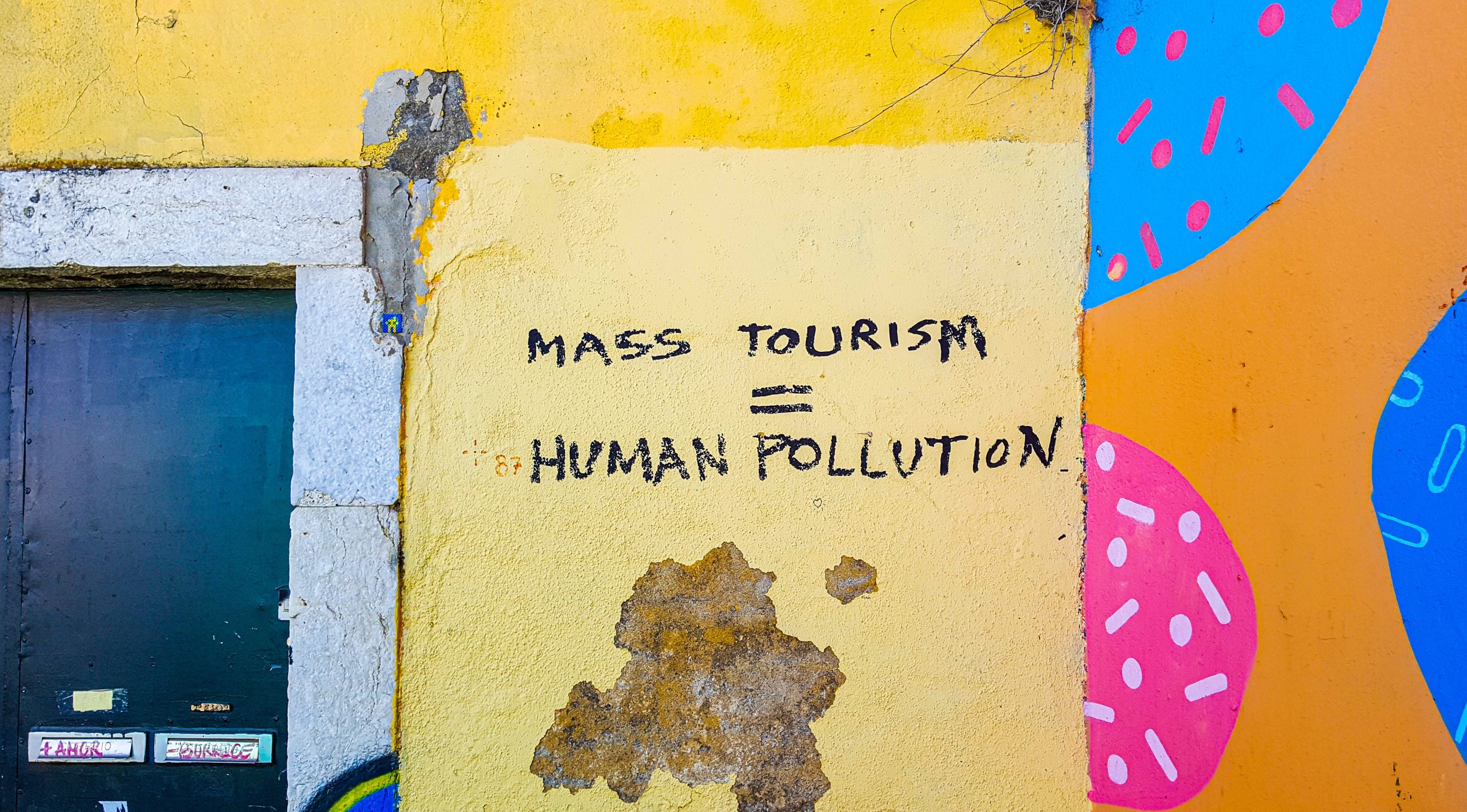
Global warming, pollution, degradation of cultural sites, deforestation … the effects of overtourism on the environment and populations can be dramatic.

MURMURATION is one of the start-ups that has joined the acceleration program of Climate-Kic France . This program is intended for all start-up companies that are motivated and committed to solving the problems related to climate change. Thanks to Flockeo, we want to implement an inclusive approach!
Over-tourism, over-crowding of sites and the under-frequenting of other sites which, however, have put in place the necessary infrastructures are critical for travel professionals who see their “working tool” deteriorate or, conversely, little known. MURMURATION has developed a solution that combines environmental studies and a web platform, Flockeo, in order to provide reliable indicators to manage a tourist destination, to make it known and to make visible the daily work of the traveling professionals who commit themselves.
Some places are not suitable to receive too many travelers. In Venice, for example every year millions of visitors for some tens of thousands of Venetians who live there. Unesco has also listed the city on the list of World Heritage in Danger. This was also the case for the city of Dubrovznik in Croatia last summer.
For example, the need for water to fill pools in hotels and fossil fuels, for example to cool in countries where resources are very limited, can create major problems. The countries of the Mediterranean are the most exposed because most of them favor mass tourism without implementing the necessary infrastructures.
The most infamous example is the Maya Bay beach from the movie “The Beach” with Leonardo Di Caprio. This beach was closed by the Thai authorities until 2021 to allow the coral reefs to reform and thus prevent the erosion of the bay. The damage to the natural ecosystem of this bay is such that the beach had to be closed to motorboats and tourists.
The growth of tourism by 2050 will double energy consumption and greenhouse gas emissions. The carbon footprint of tourism is generated by transport but also by the need to produce all that tourists need on their vacation spot. The two tourist cities, Jakarta and Denpasar, in Bali are among the most polluted cities in the world.